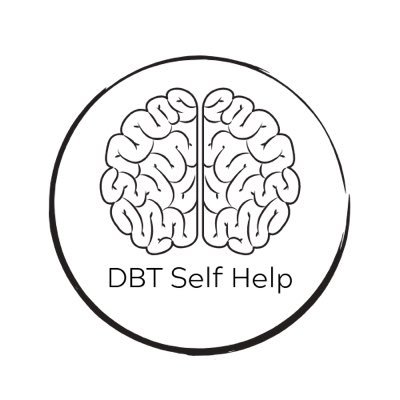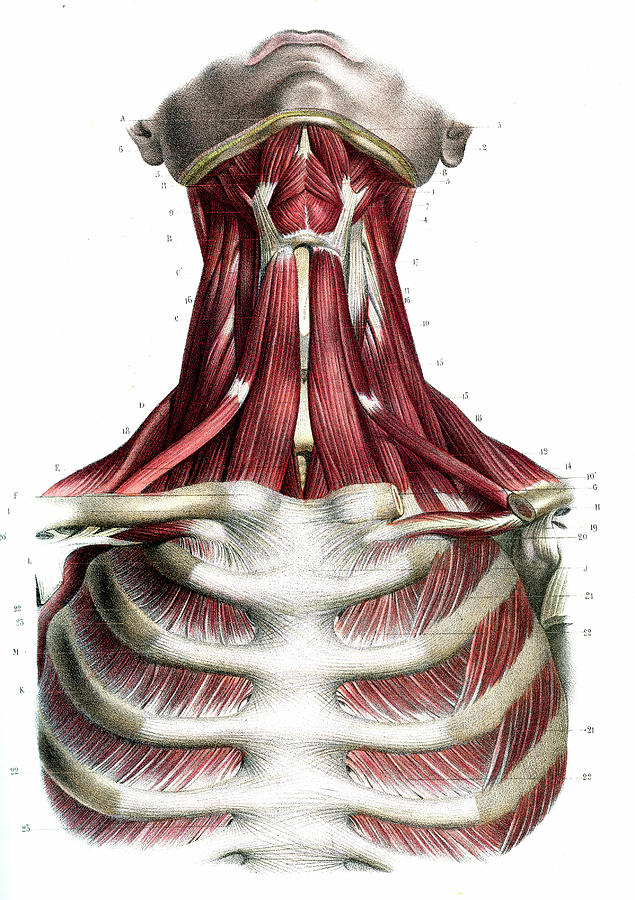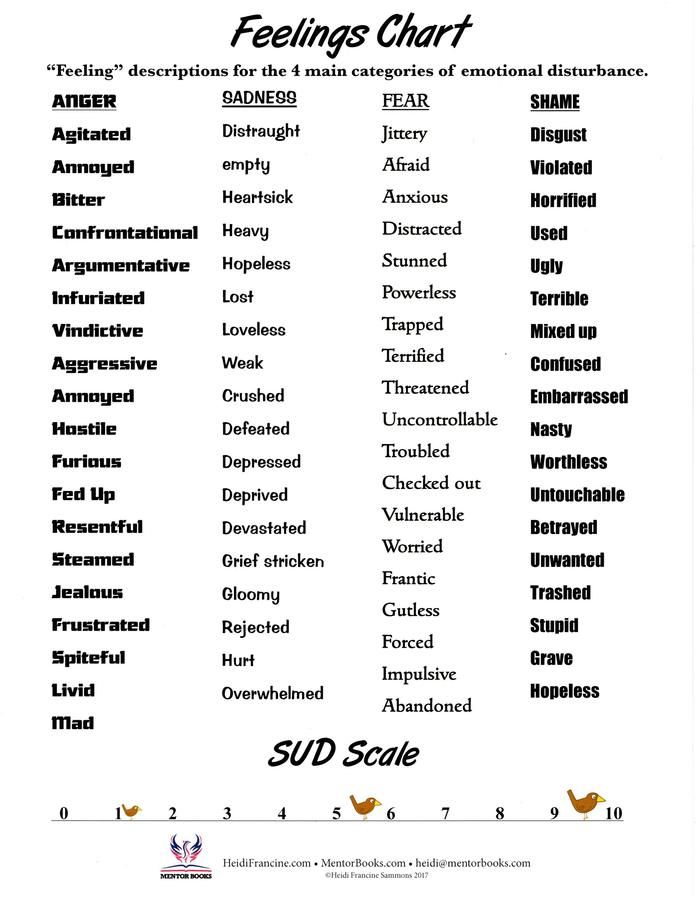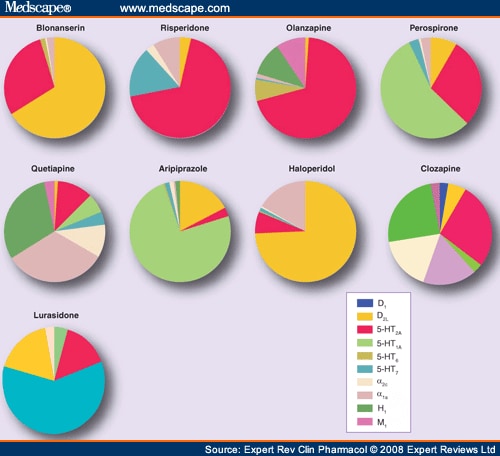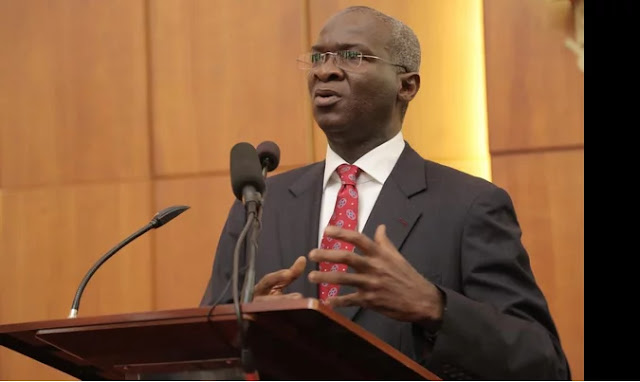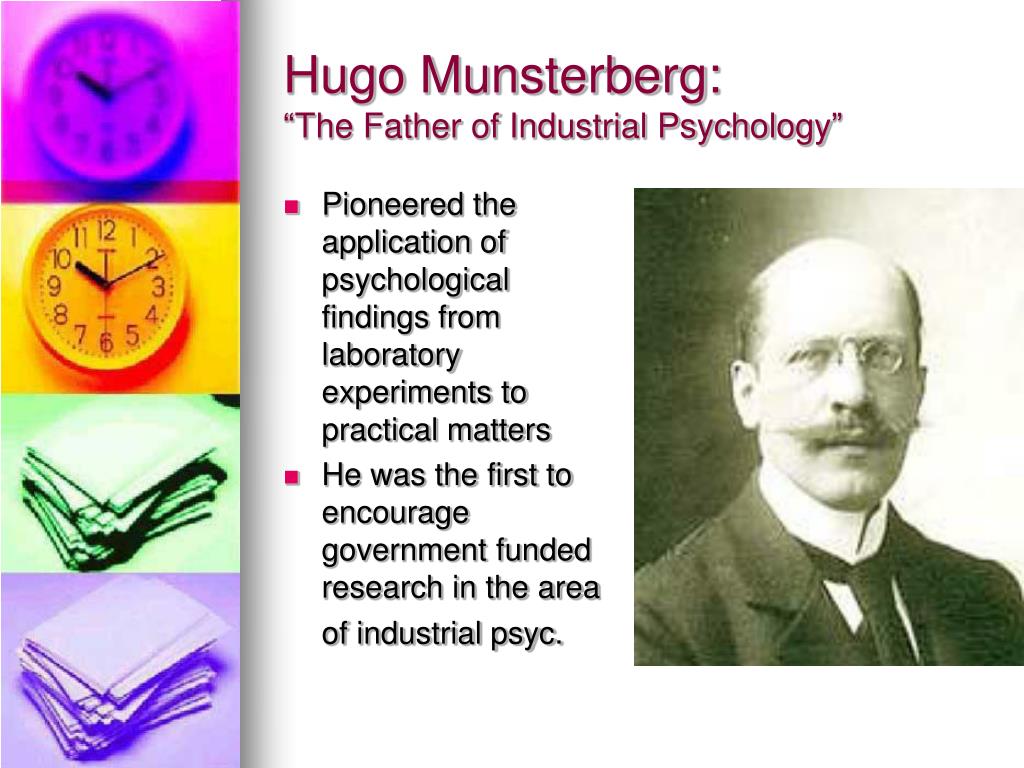Become an adhd coach
ADHD Coach Training
In order to be recognized as a Professional ADHD Coach, one must either have completed a fully integrated ADHD Coach Training Program, or completed at least 60 hours of ICF-compliant life coach training plus at least 35 hours of ADHD coach training from recognized sources.
The following are the recognized sources of ADHD Coach training.
ADD Coach Academy (ADDCA)
Website: addca.com
Instructors: David Giwerc, Barbara Luther, and staff
Coach Approach for Organizers
Website: coachapproachfororganizers.com
Instructors: Denslow Brown, Cameron Gott, and staff
ADHD Coach Training Center (IACTCenter)
URL: www.IACTCenter.com
Instructors: Laurie Dupar and team
JST Coaching & Training
Website: jstcoaching.com
Instructors: Jodi Sleeper-Triplett and faculty
Specialty ADHD Coach Training Programs
Coach Approach for Organizers
Website: coachapproachfororganizers. com
Instructors: Denslow Brown, Cameron Gott, and staff
Framing the ADHD Experience Before Coaching Begins
Website: https://www.joycekubik.com/training-research/
Instructor: Joyce Kubik
Live ADHD Free Coach Training Program
Website: https://liveadhdfree.com/programs/adhd-coach-training/
Instructor: Carol Gignoux
Mentor Coach
Website: mentorcoach.com
Instructor: Alan Graham
Ola Coaching
Website: olacoach.com
Instructor: Lupita Volio
ADHD Parent Coach Academy
Website: http://www.ptscoaching.com/parent-coach-academy/
Instructor: Cindy Goldrich
Additional Sources of ADHD Coach Training Hours:
- Conference session hours at ACO, ADDA, and CHADD conferences
- ICF’s ADHD Community of Practice Calls
We recommend confirming that the training hours offered are PAAC and/or ICF accredited or approved.
Final Notes
The accepted ADHD coach trainings listed above are the known and active ADHD Coach training programs. Several well-respected ADHD Coach training programs are no longer offered.
If you are already trained as an ADHD Coach and don’t see your school or teacher listed above, please contact us at [email protected] for more information about how to get on the ACO’s List of Professional ADHD Coaches.
If you are a trainer and see an oversight or error in the above list, please contact us at [email protected] to correct the problem.
And finally, the field of ADHD Coaching is growing rapidly. If you are aware of an ADHD Coach training program not on this list, please contact us at [email protected] so we can evaluate the program for inclusion in this list of Accepted ADHD Coach Training Programs.
ICF Accredited Coach Training Programs
Become a Certified ADHD & Life Coach
Empower others in a new, rewarding career. Find your path!
Find your path!
ADDCA offers ICF/PAAC accredited training program options for new coaches.
Basic ADHD & Life Coach Training Certification Program
Our Basic ADHD & Life Coach Training Certification Program is an integral part of our fully PAAC/ICF accredited, comprehensive Advanced Certification Program, and is designed for those who want to gain a practical working understanding of ADHD and ADDCA’s ADHD proprietary coaching models (ACSTH/CACP accreditation).
This program provides a total of 109 accredited training hours (core competencies) toward an ACC certification at ICF and a CACP certification at PAAC.
Program Registration includes the following 3 courses: (other registration options available)
- Simply ADHD Course (Module 99) - 21 Hours (7 weeks)
- Personal Transformation (PT) Course (Module 100) - 32 Hours (9 weeks)
- Basic Coaching Skills Course (Modules 101-104) - 56 Hours (16 weeks)
Successful completion of the Basic Certification Program allows coaches to become eligible:
- For ADDCA's first level of certification (AACC)
- For Basic level certification path through ICF and PAAC
- For a complimentary listing on our highly trafficked coach directory for ADDCA's Basic Certified coaches
- To enroll in the Advanced Coaching Skills Course to gain Advanced level coaching skills & work towards Advanced level certification (ACCG)
- To enroll in the elective Fundamentals of ADHD in Families Course
Program DetailsCurrent Students
Advanced ADHD & Life Coach Training Certification Program
The Advanced ADHD & Life Coach Training Certification Program is for those who want to gain advanced coaching skills and become a certified ADHD & Life coach at an advanced level.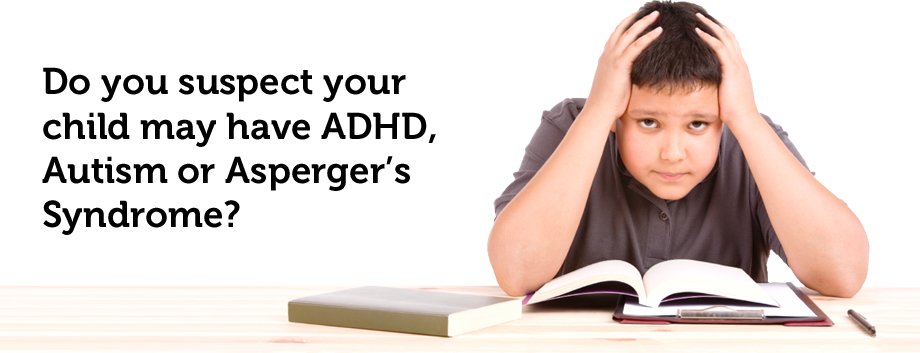 The program includes all the courses in the Basic Program plus an extensive Advanced Coaching Skills Course. This accredited program has earned the highest accreditation from ICF and PAAC, the governing bodies of the life and ADHD coaching profession (ACTP/AACTP accreditation).
The program includes all the courses in the Basic Program plus an extensive Advanced Coaching Skills Course. This accredited program has earned the highest accreditation from ICF and PAAC, the governing bodies of the life and ADHD coaching profession (ACTP/AACTP accreditation).
Program provides a total of 221 accredited training hours (core competencies) toward a PCC certification at ICF and a PCAC certification at PAAC.
Program includes all the courses in the Basic Certification Program PLUS the additional Advanced Coaching Skills Course.
Program registration includes all 4 courses: (other registration options available)
- Simply ADHD Course (Module 99) - 21 Hours (7 weeks)
- Personal Transformation (PT) Course (Module 100) - 32 Hours (9 weeks)
- Basic Coaching Skills Course (Modules 101-104) - 56 Hours (16 weeks)
- Advanced Coaching Skills Course (Module 201-207) - 112 Hours (~27 weeks)
Successful completion of the Advanced Certification Program allows coaches to become eligible:
- For a $500 Certification Rebate! Why? Because we want you to succeed! How's that for incentive?
- For ADDCA's Advanced level of Certification (ACCG).

- To embark on the path for Advanced level Certification through ICF and PAAC.
- For a complimentary listing on our highly trafficked coach directory for ADDCA's Advanced Certified coaches.
- To enroll in the elective Fundamentals of ADHD in Families Course.
Program DetailsCurrent Students
...or take the first steps and start with the prerequisite courses!
Life can be busy, so take the first step in your journey! Register for the Simply ADHD and Personal Transformation (PT) courses, the prerequisites for all of our coach training.
These foundational courses will give you a new awareness and understanding of your own ADHD. You will begin to realize the strengths and passion you already possess. You will gain invaluable knowledge for yourself, your loved ones, and your future clients!
Coach Training
Programs Overview Already a Life Coach Faculty "Exploring ADDCA" Q&A Session FAQ'sCan an ADHD coach help your family?
According to the American Psychiatric Association, attention deficit hyperactivity disorder (ADHD) affects approximately 8. 4% of children and 2.5% of adults.
4% of children and 2.5% of adults.
Families living with ADHD can sometimes feel overwhelmed, disorganized and out of their element, especially when it comes to daily life activities. And whether you have one child with ADHD or three, developing a system that works for everyone is no easy task.
This is why some families seek outside resources. You may have heard of ADHD coaches. These coaches claim to be able to help with strategies and tools that deal with organization, time management, goal setting, and other skills needed to get things done in daily life.
Curious if an ADHD coach is right for your family? Read on to find out more.
Important note
ADHD coaching is a relatively new idea. It is important to know that there is currently no formal regulation of the role, so technically anyone can advertise as an ADHD coach.
At the same time, there are organizations that offer training and certification. If you're looking for a trainer, it's important to ask for their training and experience to find out what qualifications they really have.
In addition, some trained psychologists and therapists specialize in this area and offer coaching services for ADHD. As such, the services that an ADHD coach offers can vary greatly. It is important to consider the experience and qualifications of a trainer before deciding to work with one.
What does an ADHD trainer do?
Despite the wide range of experience and qualifications, there are some common areas that most coaches cover in their proposals.
ADHD coaches focus on developing skills and providing support to families to enable the child and other family members to make changes that will positively impact their lives. Unless they have additional training, just being an ADHD coach does not mean that someone is a therapist, nor do they provide psychotherapy or educational and psychological testing.
On the other hand, some therapists and psychologists offer ADHD coaching as part of their services. So, it's worth asking about credentials if you're looking for someone who is licensed to provide mental health or academic testing.
ADHD Coaches primarily serve adults and college students. But more families are accessing services to help with young children and teens.
According to children and adults with Attention Deficit/Hyperactivity Disorder, ADHD coaches target certain core impairments such as organization, time management, problem solving, and goal setting. They can also help with coping skills, emotional regulation, and with parents on how to work with their child, although this must be done with the help of a licensed psychologist or therapist.
Part of the coach's role is to educate families about ADHD and create a collaborative work environment in which the coach acts as a facilitator. It also creates an open-minded environment that allows all family members to be heard.
This resource can be of great help to families who already have a doctor, psychologist, or licensed therapist overseeing their treatment plan and just need someone to help them complete their treatment plan on a daily basis.
Rebecca Tolbert, LICSW, ADHD therapist and trainer, says an ADHD trainer can be extremely helpful for some families.
“Only a medication approach to ADHD can help a child while they are on medication, but it does not teach them skills to succeed after the medication wears off, or how to manage themselves if they decide to stop the medication at a later date.” age,” she said.
Some coaches work with families in person in their office or through online meetings, while others may want to come to your home to get a better feel for the home environment and how ADHD can affect daily routines.
As noted earlier, not all ADHD trainers are psychologists, behavioral intervention specialists, therapists, or social workers. In addition, some of them are only trained in coaching, which limits the types of services they can provide compared to a therapist or psychologist who is also an ADHD coach.
Without additional training, they are limited to non-therapeutic activities, such as helping the child practice planning and monitoring short and long term tasks.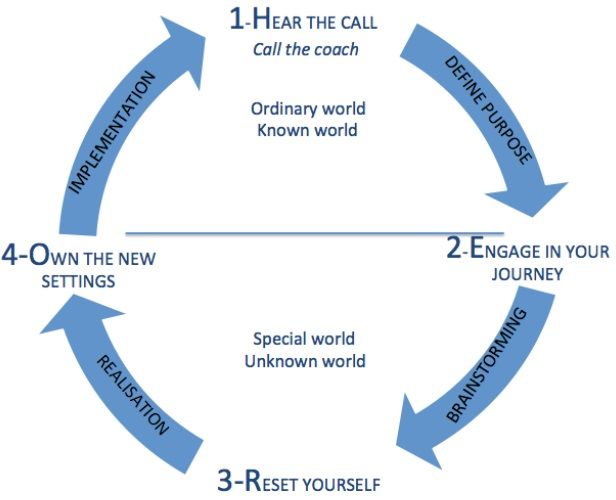
How do I find an ADHD trainer?
Coaching ADHD is a relative newcomer to the helping professions.
Although the formal diagnosis of ADHD has been recognized for several decades, the idea of hiring a coach to help families find more structure and success in daily activities, impulsivity, inattention, home and school tasks, and overall self-confidence is just beginning to catch on. . Because of this, finding a reputable trainer requires some super sleuth work on your part.
Tolbert notes that the world of coaching can be tricky to navigate because there are so many different certifications. But there is no standard coaching advice. Because of this, she leans towards coaches with other qualifications, such as therapists, social workers, and psychologists.
Rebecca Mannis, PhD, training specialist at the Ivy Prep Learning Center, agrees and says there are many companies and professionals claiming to coach ADHD. However, ADHD coaching is largely an unlicensed field.
But Mannis says that doesn't mean the ADHD coach can't help. It is important to find out about the actual qualifications and specific experience of the trainer to make sure it is right for you or your child.
"For example, some kids need help with time management when it comes to writing because they avoid and procrastinate, so it's important to identify the root cause of the avoidance," she said.
If a child can't understand what they're reading and therefore can't organize and outline, Mannis says they need to work with someone who is trained in reading and links note-taking to developing a project plan.
“Simply focusing on motivation or whether to write an article before or after football practice won't help,” she said.
Costs
ADHD coaching is not covered by health insurance, so you can expect 100% out-of-pocket expenses. Session fees vary and are highly dependent on other qualifications. In general, coaching can cost anywhere from $75 to $250 for an hour session.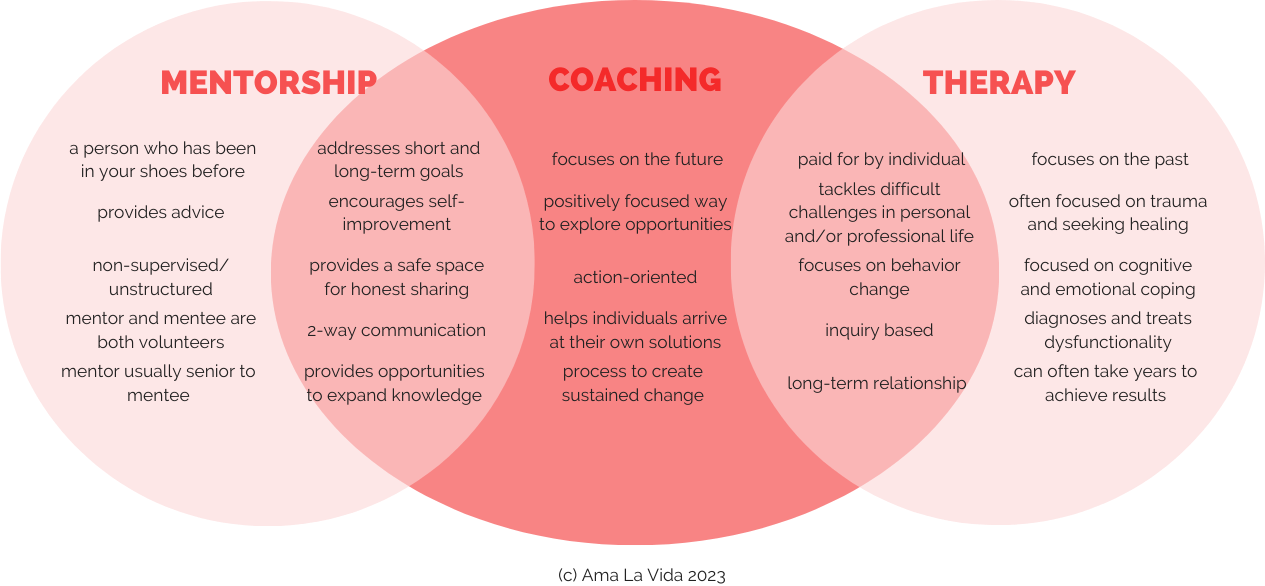
Downloads
- The ADHD Coach Organization has an online directory to help you find a coach by location.
- The International Coach Federation lists coaches with different training by location in its directory.
- ADD Coach Academy employs trainers vetted by their organization. They list biographies and contact information for ADDCA certified trainers.
- The Professional Association of ADHD Coaches provides an online directory of names, email addresses, website addresses, and phone numbers of ADHD Coaches.
- Your pediatrician, psychologist or therapist may have contacts or information about trainers they recommend.
Questions for
Once you've come up with a few options, take the time to meet with potential trainers and ask a few questions to see if they're right for your family. A few questions you might want to ask include:
- What is your education/experience?
- Do you often work with children/teenagers/families?
- how long are the sessions?
- How are the classes (in person, online, in a group)?
- how many sessions are usually required?
Bottom line
Hiring an ADHD coach to help you navigate your daily routine is one of the tools available in your ADHD toolbox. While a coach cannot provide therapy or special education services, they can offer support and strategies to manage daily life.
While a coach cannot provide therapy or special education services, they can offer support and strategies to manage daily life.
If you are not sure what role an ADHD coach can play in your life, talk to your pediatrician, family doctor or psychotherapist. They can help you decide if it's good for your family.
Which sport for children with ADHD
Active children are healthy children, but not all sports play well with the characteristics of ADHD.
Find out why parents and experts recommend martial arts, swimming, tennis and seven other health, self-esteem and teamwork sports for children with attention deficit hyperactivity disorder.
If you liked the illustration, order your own from qwerkid!
Not all sports are the same
Exercise helps control ADHD symptoms by increasing dopamine and norepinephrine levels. So enrolling a child with ADHD in sports after school seems like a good idea, doesn't it? It all depends on your child's symptoms. This article will help you determine which sport will best reveal and strengthen your child's abilities.
This article will help you determine which sport will best reveal and strengthen your child's abilities.
The coach matters
When choosing a sport, remember that the coach matters. Most coaches know next to nothing about ADHD, so it's important that you talk to them about your child beforehand. For example, let the coach know that forcing a child to run 15 extra laps for being in the clouds will not help, but will only humiliate him. Sports should help the child build relationships and work on self-esteem outside the classroom, not increase his anxiety and stress.
Swimming
Children with ADHD need to learn how to follow instructions and swimming can help them do so. Swimmers get important one-on-one sessions with a coach while enjoying the interactions with other team members. Your child will be able to focus on personal development - improve their swimming skills - without comparing themselves to other swimmers. Olympian Michael Phelps says swimming has helped him manage ADHD symptoms by helping him focus and develop discipline from a young age.
Martial arts
Self-control, discipline and respect are just some of the few skills that martial arts students develop. Students master each type of martial art step by step and they do not have time to be distracted by extraneous things. One surprising benefit of martial arts is rituals, such as having to bow to a teacher, which help children with ADHD learn to accept, develop, and use routines in different life situations.
Tennis
Tennis is the perfect sport for individual children who develop by challenging themselves to learn a new skill. Tennis requires neither coordinated teamwork nor heavy concentration, which is a plus for many children with ADHD. In addition, hitting a tennis ball is a good way to release anger, frustration, or other negative emotions that remain after a hard day at school.
Gymnastics
Research has shown that exercises that require attention to body movement, such as gymnastics, can help children with ADHD and learning disabilities improve their concentration.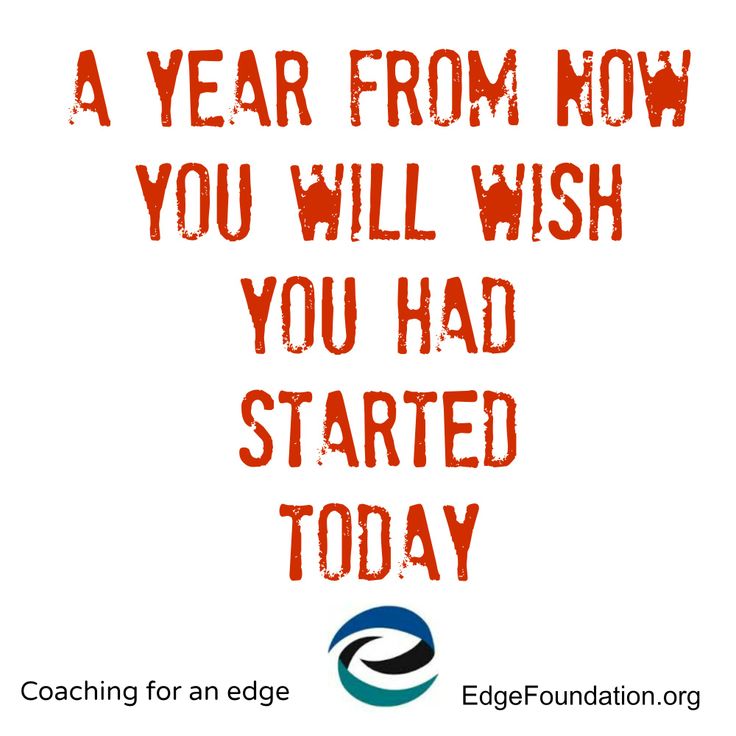 The movements and equipment used in gymnastics are very similar to those used in occupational therapy and can help your child deal with sensory processing disorder by developing strength, balance and musculature.
The movements and equipment used in gymnastics are very similar to those used in occupational therapy and can help your child deal with sensory processing disorder by developing strength, balance and musculature.
Help your child with ADHD quickly develop speech, memory and concentration!
Learn more
Wrestling
If you notice a child's unreasonable aggression or unbridled energy, wrestling can be a safe (and sometimes fun!) way to translate those emotions into something positive. For Dr. Michele Novotni's son, the wrestling mat became a safe haven: "The only place where he could knock people down without getting into trouble."
Football
Being on a soccer team gives children a sense of team spirit, which can be very beneficial for children with ADHD and learning disabilities who find it difficult to make friends. If your child has developmental delays or problems expressing emotions, enroll him in a team where the rest of the children are a little younger than him and, therefore, are at the same level of maturity as him. Also, the constant action taking place on the football field is great for kids with short attention spans.
Also, the constant action taking place on the football field is great for kids with short attention spans.
Riding
Horses have the ability to read and copy the emotions and behavior of their owners, a skill that is used in Hippotherapy. By playing with a horse, the child will learn to observe and respond to the behavior of the animal and learn to behave in such a way as not to receive a negative reaction from another living being.
Running
In some sports, children often sit on the bench for a while before taking part in the game, which can be very boring, especially for children with ADHD. Running has no limit on players and children are constantly on the move.
Running teaches children discipline, finding the right rhythm, calculating their strength, and provides significant physical and aerobic exercise. In addition, the child will be able to make friends in his team, and can also learn to adequately relate to the situation of winning or losing in competitions.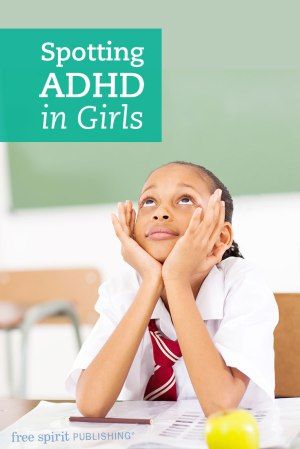
---------------------------------
FAST FORWORD
FAST FORWORD computer programs are a sport for your child's brain.
Using the principle of neuroplasticity, these programs train the child's brain and develop important skills such as concentration, memory, perseverance, information processing, which are so necessary to overcome learning difficulties in children with ADHD.
Find out how FAST FORWORD classes help children with ADHD and sign up for online trial classes, don't delay helping your child!
---------------------------------
Archery
archer Katniss - the heroine of the trilogy "The Hunger Games" and Merida from the Disney cartoon "Brave". Of course, the idea of equipping a child with ADHD with a sharp weapon sounds counterintuitive, but if archery is supervised by a teacher, it can be of great benefit. It has been proven to teach responsibility, improve focus, concentration and self-esteem—important skills for children with ADHD and learning disorders.


